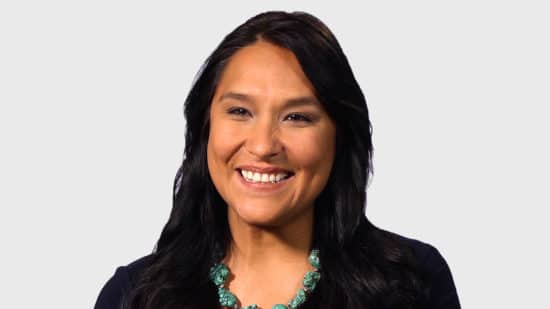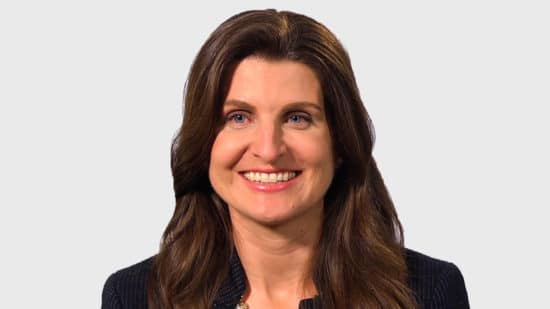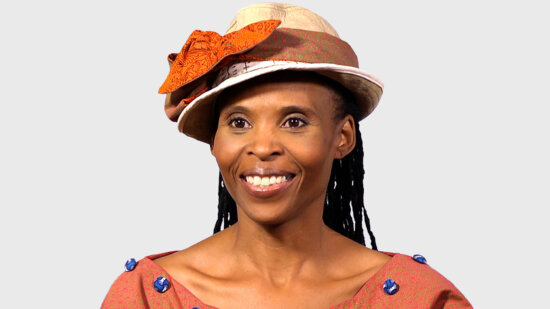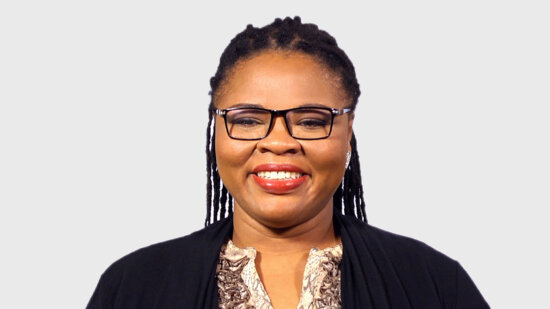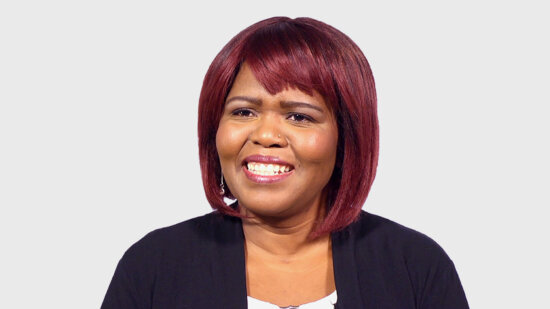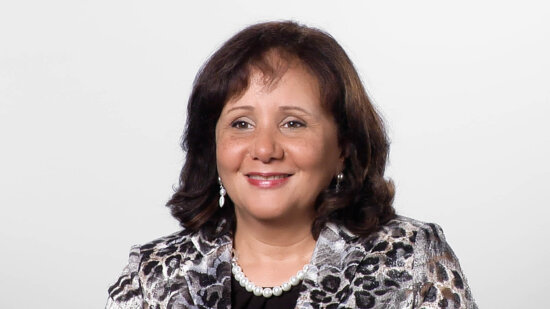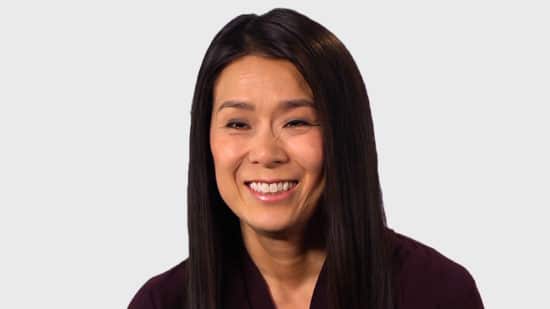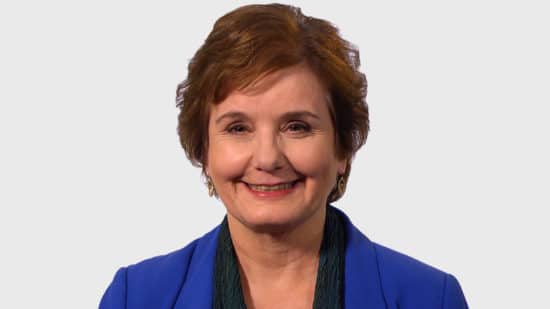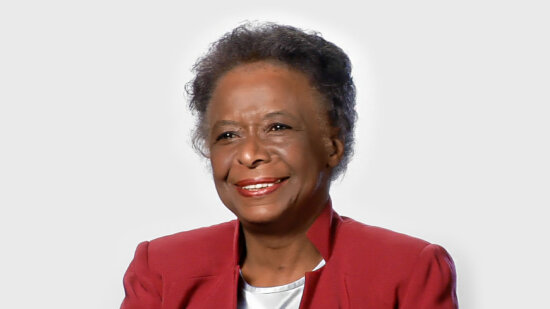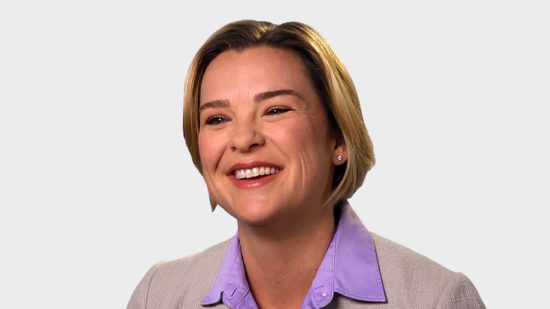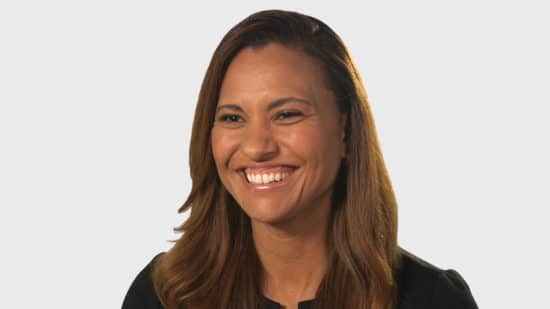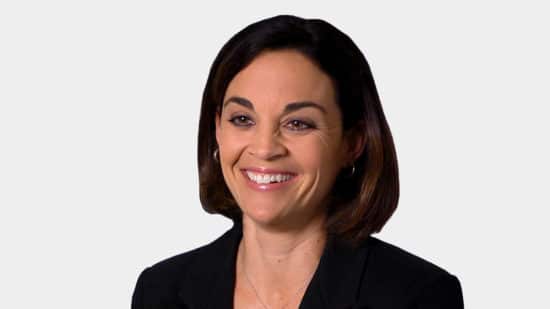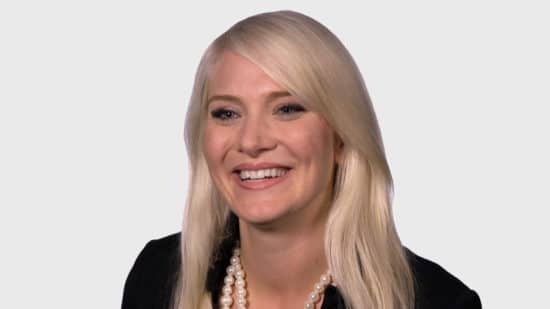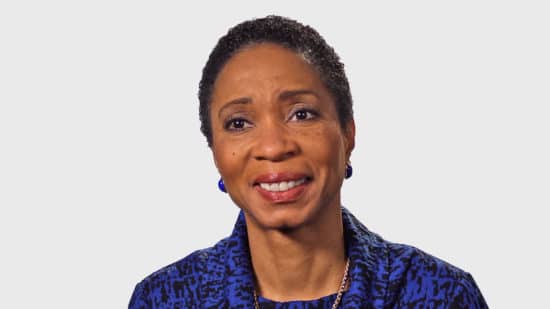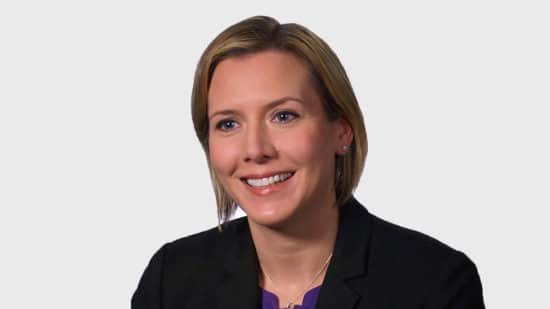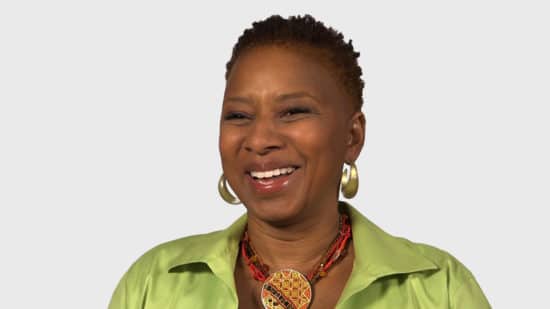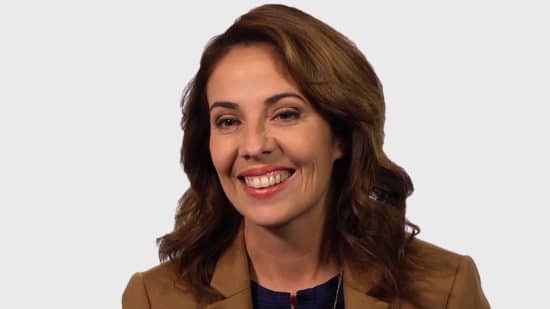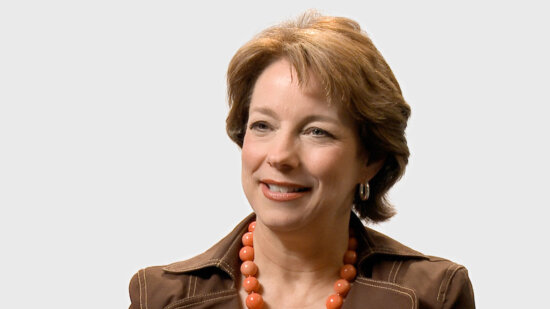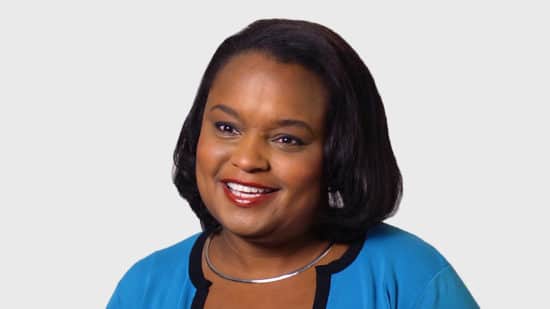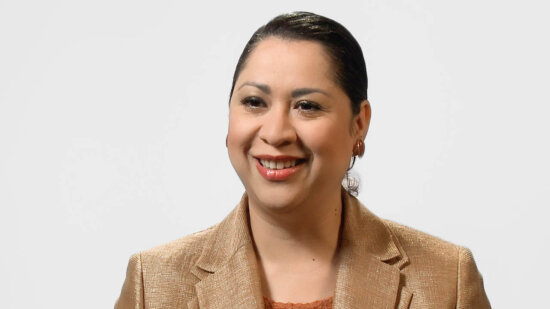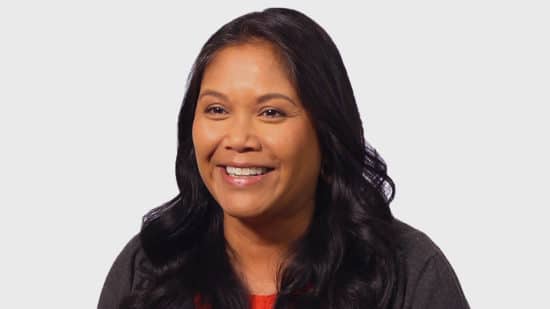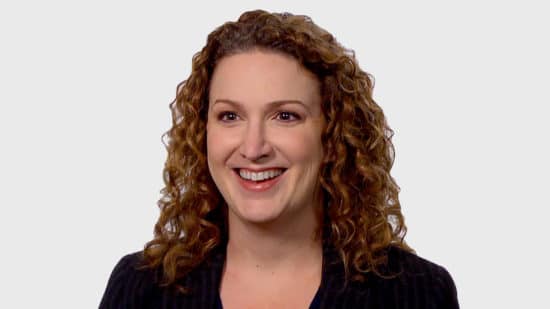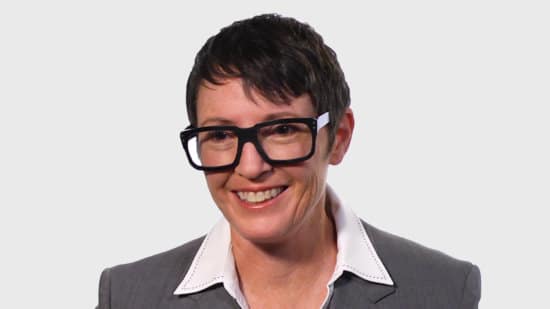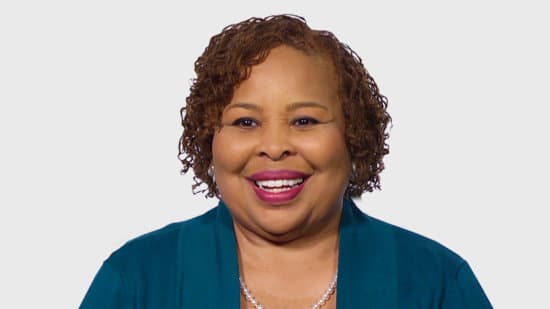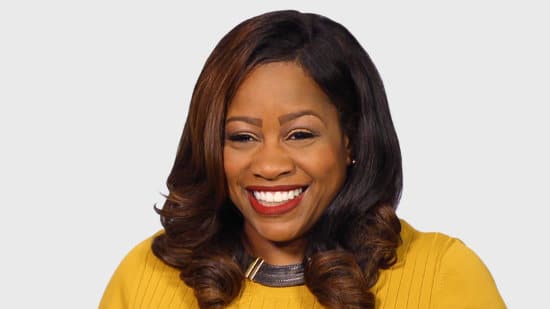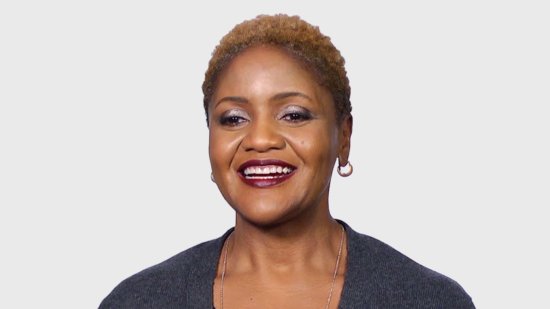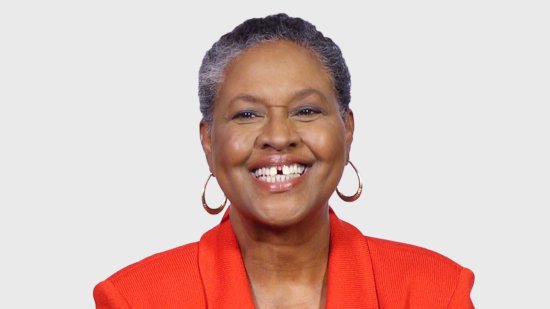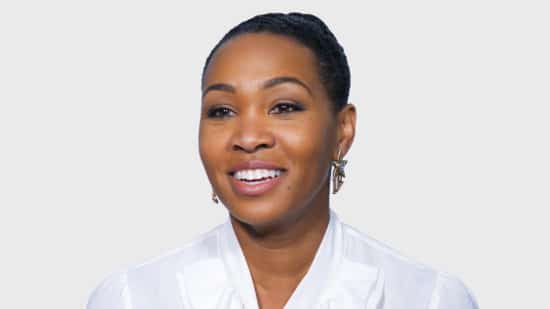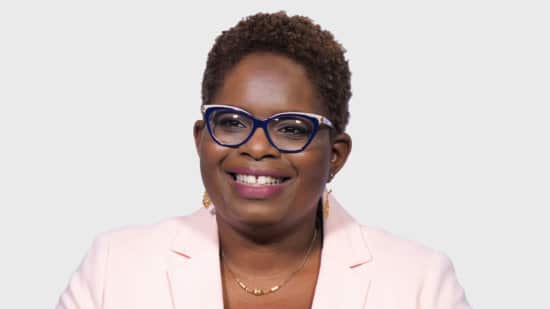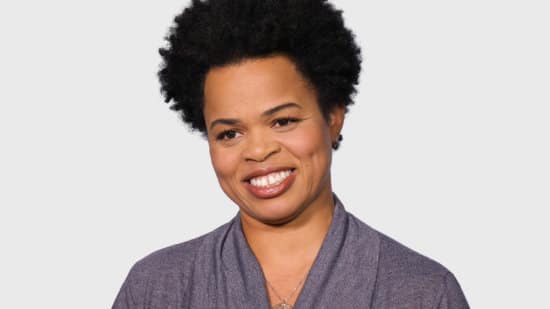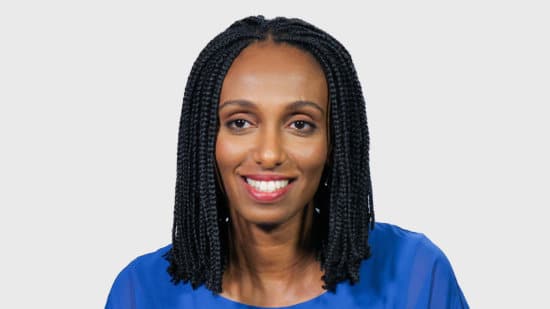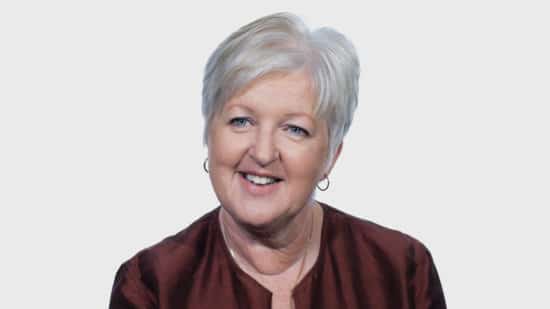Executive
What you need to know
Top executives devise strategies and policies to ensure that an organization meets its goals. They plan, direct, and coordinate operational activities of companies and organizations.
Top executives work in nearly every industry. They work for both small and large businesses, ranging from companies in which they are the only employee to firms with hundreds of thousands of employees.
Top executives often work many hours, including evenings and weekends. Travel is common, particularly for chief executives.
Some of the things an executive might do:
- Establish and carry out organizational goals, policies, and procedures
- Direct and oversee an organization’s financial and budgetary activities
- Manage general activities related to making products and providing services
- Consult with other executives, staff, and board members about general operations
- Negotiate or approve contracts and agreements
- Appoint department heads and managers
- Analyze financial statements, sales reports, and other performance indicators
- Identify places to cut costs and to improve performance, policies, and programs
Watch this video to learn about some of the things our executive role models do in their careers:
- Communication skills. Top executives must be able to communicate clearly and persuasively. They must effectively discuss issues and negotiate with others, direct subordinates, and explain their policies and decisions to those within and outside the organization.
- Decisionmaking skills. Top executives need decisionmaking skills when setting policies and managing an organization. They must assess different options and choose the best course of action, often daily.
- Leadership skills. Top executives must be able to lead an organization successfully by coordinating policies, people, and resources.
- Management skills. Top executives must shape and direct the operations of an organization. For example, they must manage business plans, employees, and budgets.
- Problem-solving skills. Top executives need to identify and resolve issues within an organization. They must be able to recognize shortcomings and effectively carry out solutions.
- Time-management skills. Top executives do many tasks at the same time, typically under their own direction, to ensure that their work gets done and that they meet their goals.
Watch this video to learn more from our executive role models:
The average pay for top executives in the United States was $206,680 in May 2023 according to the U.S. Bureau of Labor Statistics.
A top executive’s pay depends on factors such as level of experience, education and training, geographic location, and specific industry.
About 311,600 new job openings for top executives are projected each year, on average, over the next 10 years in the United States.
Overall employment of top executives is projected to grow 3 percent from 2022 to 2032 according to the U.S. Bureau of Labor Statistics. This is about as fast as the average growth rate for all occupations.
Top executives are essential for running companies and organizations and their work is central to the success of a company. However, the high pay and prestige associated with these positions attract many qualified applicants.
Those with an advanced degree and extensive managerial experience will have the best job prospects.
Many top executives have a bachelor’s or master’s degree in business administration or in an area related to their field of work. Top executives in the public sector often have a degree in business administration, public administration, law, or the liberal arts. Top executives of large corporations often have a master’s degree in business administration (MBA).
Discover some of the courses you will take pursuing a degree in Management and Leadership, Public Administration, or Law.
Watch this video to learn more from our executive role models:


